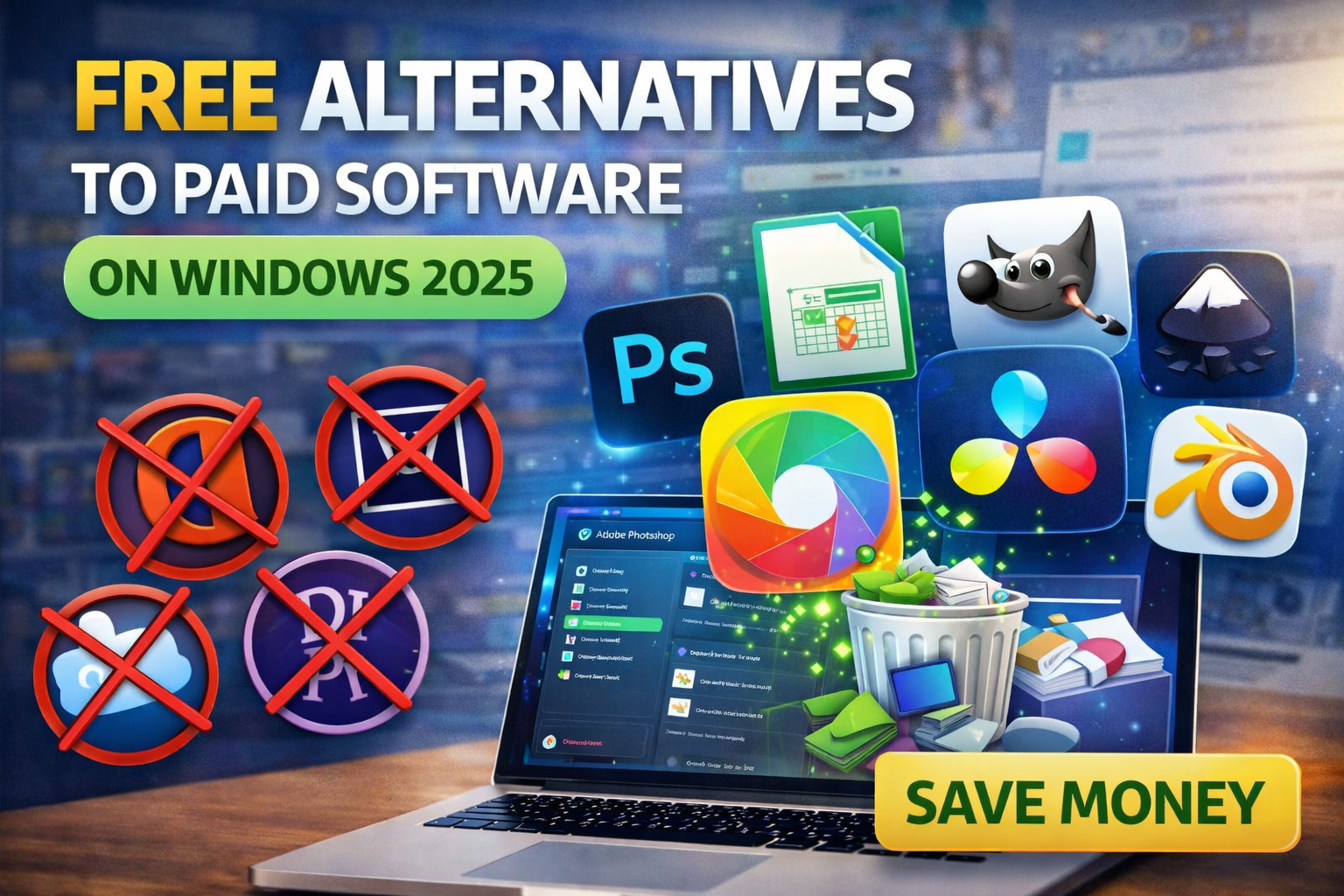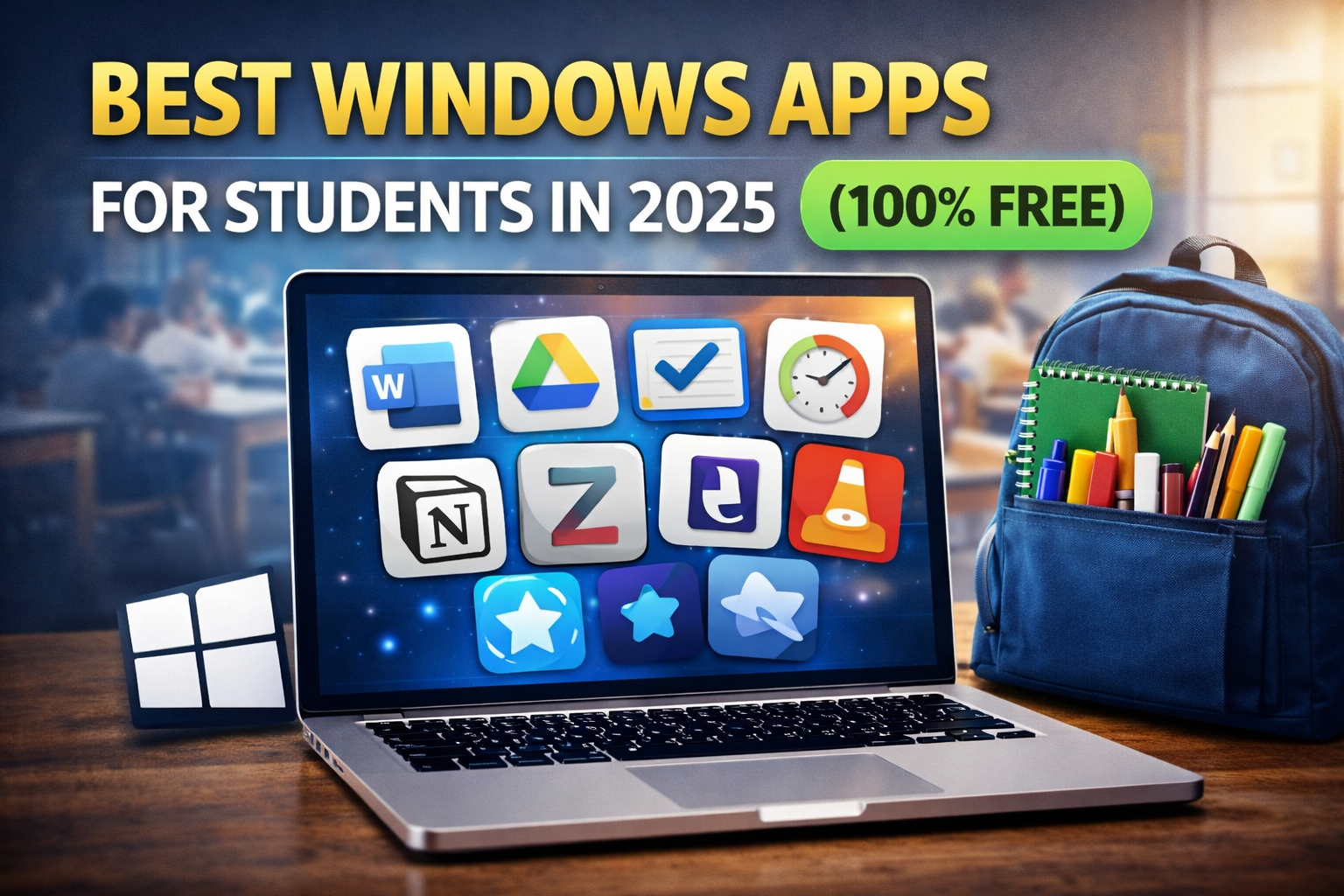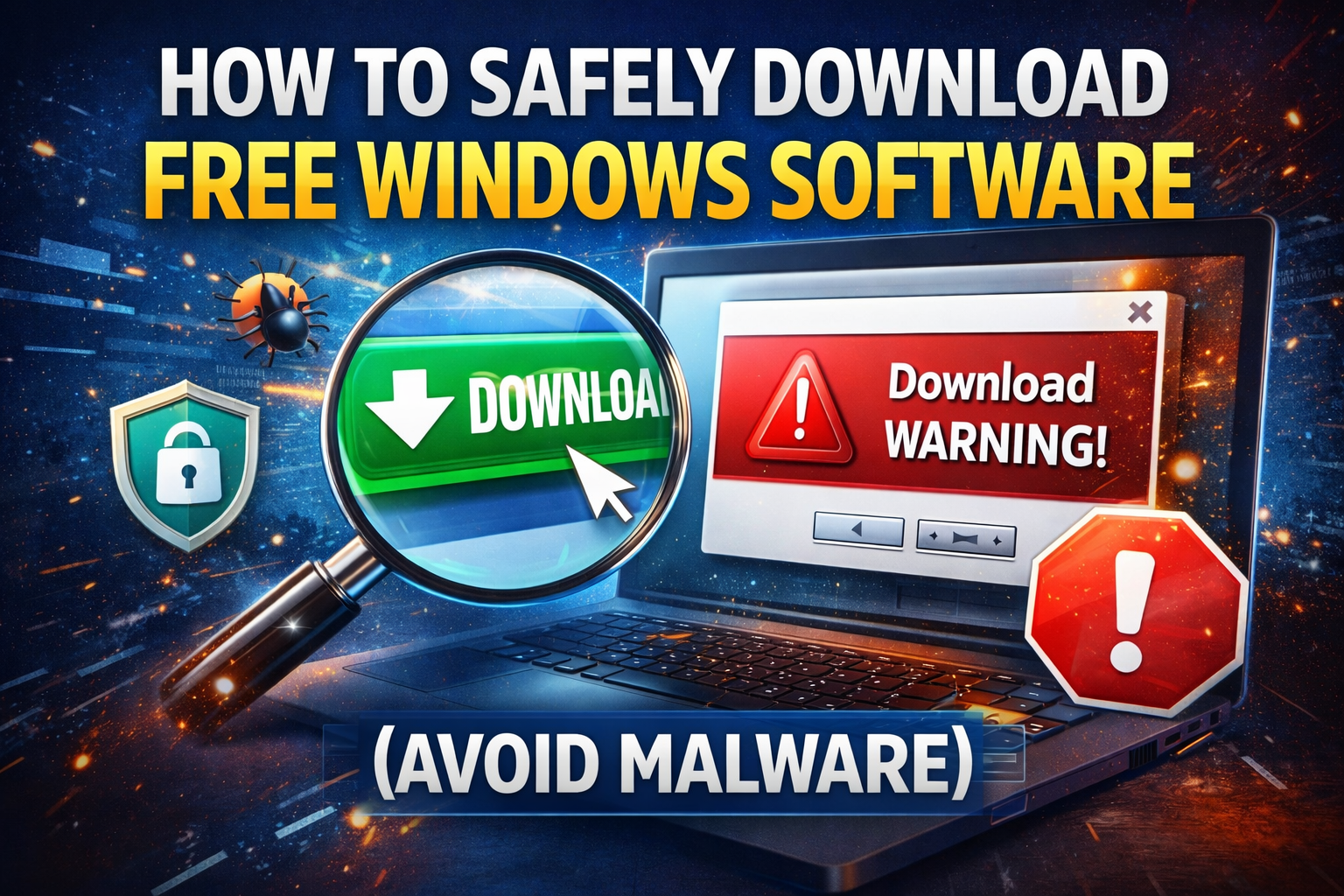

Additional Information
3D computer graphics modeling and animation software
| Latest Version | LightWave 2020.0.3 |
| Requirements |
Windows 7 64/Windows 8 64/Windows 10 64 |
| Updated | June 25, 2023 |
| Author | NewTek Inc. |
| Category | Imaging and Digital Photo |
| License | Trial |
| Language | English |
| Download | 239 |
Overview
LightWave is a complete 3D solution to model, render, and animate. Used extensively in broadcast television production, film visual effects, video game development, print graphics, and visualization, LightWave 3D is responsible for more artists winning Awards than any other 3D application.
Workflow enhancements and powerful new tools solve your animation and design challenges and streamline your creative process. Direct and robust, LightWave 2020 serves the artist first, for visual effects, motion graphics, game development, architectural visualization, product design, and advertising.
These days, with the creative process, artists need to move at maximum speed to tackle incredible deadlines, demanding work, and high expectations. Using the app, either exclusively or in a pipeline, makes it possible for an individual, a small team or a major facility to see their dreams and ideas come to life, with award-winning quality work, on time and budget. NewTek LightWave artists all over the world say they can count on it for speed, flexibility, value, and control.
Features and Highlights
Modeling
The toolset the standard for polygonal, subdivision surface modeling a decade before many of the other 3D software packages included even basic polygonal modeling tools. While others were basing their pipelines on clunky spline-patching workflows, The app artists were quickly and efficiently modeling with smooth subdivision surfaces interactively. The program continues to offer powerful, rock-solid modeling tools and the latest versions of the appraise the bar with increased interactivity and ease of use.
Surfacing
The software offers two surfacing systems to the artist. A fast, simple to use the layer-based system, and a very flexible and powerful nodal system. Each offers different workflows to suit the artist - for quick results, the layered system is perfect for fast visualization and concept design. For those who like to dig deep, the nodal system offers ultimate creative freedom. These systems can be used independently of each other, but unique to the app is the ability to mix them. You can use the layered surfacing to achieve results quickly, then choose any of the surface properties to use in a nodal context. This allows you to create extremely complex results very quickly. The node system also includes easy to use physically accurate material shaders for glass, metal, skin, and car paint, allowing you to achieve photoreal results quickly.
Rigging
The rigging tools in the app are fast and flexible and again offer artists choices in workflow. This software pioneered a very powerful and easy to set up automatic joint influence falloff system. This means that you can either choose to setup industry standard weight maps for your characters and rigged geometry or you can elect to bypass that often time-consuming weight mapping process for quick visualization and concept design animation workflows by using the automatic joint falloff that is built into the product's animation system. This allows you to quickly and easily swap out geometry in rigs with zero weight map hassles. But you always have the choice to work with weight maps for that added control when your project requires it.
Animation
The program includes powerful procedural, nodal, and keyframe animation tools. An easy to use and customizable keyframe graph editor allows you to quickly place and edit keys, time scale, filter, and even manipulate your animations with expressions. Bake your animations per keyframe or with frame stepping and create motion clips to blend within the non-linear motion mixer. You can even bake animations to Autodesk geometry cache or industry standard MDD files to simplify the scene for rendering or for export to other animation packages. For the facial animation, the software includes an efficient blend-shape system called Endomorphs which includes all of your morph targets within your base object. Endomorphs can even be sculpted in ZBrush using the new ZBrush GoZ interchange tools included in the program.
Virtual Studio Tools
The app’s development team is bridging the gap between real and virtual worlds, by bringing together the broadest array in any application of new devices with which to interact with the set and characters inside the tool's virtual stage and model shop. Device support ranges from economical mice, tablets, and game system controllers to the sensor arrays and custom cameras and devices used to let directors, lighting grips, and camera operators walk a real set and fully capture their data into the virtual set modeled in Light Wave for PC. Applications range from propelling your camera on an architectural flythrough using a 6DoF mouse to puppeteering your characters live on stage using Playstation Move controllers, to recording every camera move shot for a major motion picture, a technique pioneered on the film Avatar.
Instancing
Instancing allows vast duplication of objects in a scene with very little overhead. With instancing, huge ‘virtual’ polygon counts can be achieved allowing the artist to populate their scenes with incredible detail, yet retain reasonable render times and memory usage. While instances can be thought of as clones of the original source objects, they do not need to look identical. They can be randomly scaled, positioned, rotated, and even surfaced entirely differently from the source, allowing for a huge variety of uses.
Note: 30 days trial version. (Requires activation, otherwise, the application runs in the feature-limited 'Discovery' mode, with no saving options).
Workflow enhancements and powerful new tools solve your animation and design challenges and streamline your creative process. Direct and robust, LightWave 2020 serves the artist first, for visual effects, motion graphics, game development, architectural visualization, product design, and advertising.
These days, with the creative process, artists need to move at maximum speed to tackle incredible deadlines, demanding work, and high expectations. Using the app, either exclusively or in a pipeline, makes it possible for an individual, a small team or a major facility to see their dreams and ideas come to life, with award-winning quality work, on time and budget. NewTek LightWave artists all over the world say they can count on it for speed, flexibility, value, and control.
Features and Highlights
Modeling
The toolset the standard for polygonal, subdivision surface modeling a decade before many of the other 3D software packages included even basic polygonal modeling tools. While others were basing their pipelines on clunky spline-patching workflows, The app artists were quickly and efficiently modeling with smooth subdivision surfaces interactively. The program continues to offer powerful, rock-solid modeling tools and the latest versions of the appraise the bar with increased interactivity and ease of use.
Surfacing
The software offers two surfacing systems to the artist. A fast, simple to use the layer-based system, and a very flexible and powerful nodal system. Each offers different workflows to suit the artist - for quick results, the layered system is perfect for fast visualization and concept design. For those who like to dig deep, the nodal system offers ultimate creative freedom. These systems can be used independently of each other, but unique to the app is the ability to mix them. You can use the layered surfacing to achieve results quickly, then choose any of the surface properties to use in a nodal context. This allows you to create extremely complex results very quickly. The node system also includes easy to use physically accurate material shaders for glass, metal, skin, and car paint, allowing you to achieve photoreal results quickly.
Rigging
The rigging tools in the app are fast and flexible and again offer artists choices in workflow. This software pioneered a very powerful and easy to set up automatic joint influence falloff system. This means that you can either choose to setup industry standard weight maps for your characters and rigged geometry or you can elect to bypass that often time-consuming weight mapping process for quick visualization and concept design animation workflows by using the automatic joint falloff that is built into the product's animation system. This allows you to quickly and easily swap out geometry in rigs with zero weight map hassles. But you always have the choice to work with weight maps for that added control when your project requires it.
Animation
The program includes powerful procedural, nodal, and keyframe animation tools. An easy to use and customizable keyframe graph editor allows you to quickly place and edit keys, time scale, filter, and even manipulate your animations with expressions. Bake your animations per keyframe or with frame stepping and create motion clips to blend within the non-linear motion mixer. You can even bake animations to Autodesk geometry cache or industry standard MDD files to simplify the scene for rendering or for export to other animation packages. For the facial animation, the software includes an efficient blend-shape system called Endomorphs which includes all of your morph targets within your base object. Endomorphs can even be sculpted in ZBrush using the new ZBrush GoZ interchange tools included in the program.
Virtual Studio Tools
The app’s development team is bridging the gap between real and virtual worlds, by bringing together the broadest array in any application of new devices with which to interact with the set and characters inside the tool's virtual stage and model shop. Device support ranges from economical mice, tablets, and game system controllers to the sensor arrays and custom cameras and devices used to let directors, lighting grips, and camera operators walk a real set and fully capture their data into the virtual set modeled in Light Wave for PC. Applications range from propelling your camera on an architectural flythrough using a 6DoF mouse to puppeteering your characters live on stage using Playstation Move controllers, to recording every camera move shot for a major motion picture, a technique pioneered on the film Avatar.
Instancing
Instancing allows vast duplication of objects in a scene with very little overhead. With instancing, huge ‘virtual’ polygon counts can be achieved allowing the artist to populate their scenes with incredible detail, yet retain reasonable render times and memory usage. While instances can be thought of as clones of the original source objects, they do not need to look identical. They can be randomly scaled, positioned, rotated, and even surfaced entirely differently from the source, allowing for a huge variety of uses.
Note: 30 days trial version. (Requires activation, otherwise, the application runs in the feature-limited 'Discovery' mode, with no saving options).










No comments yet. Be the first to comment!